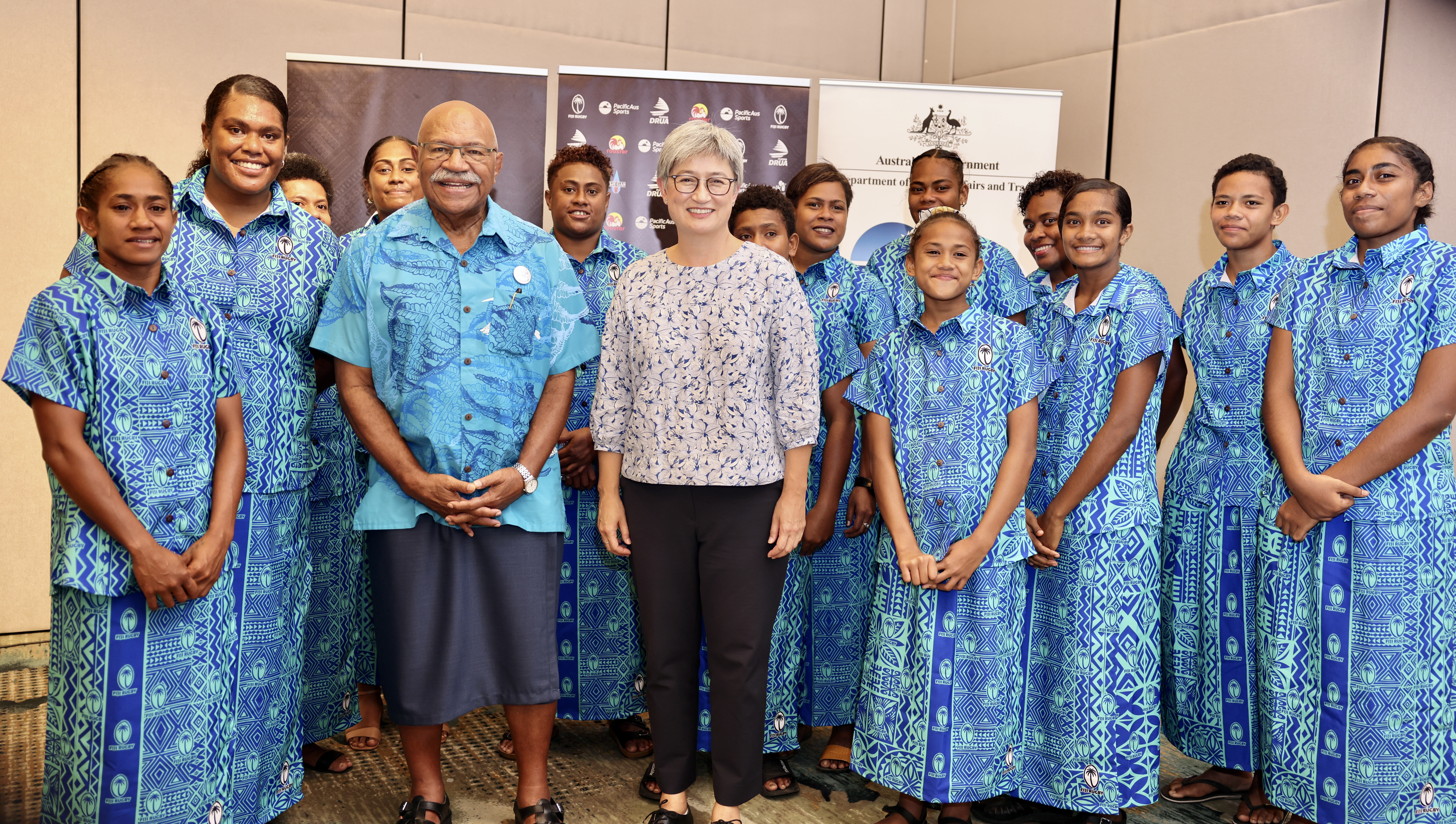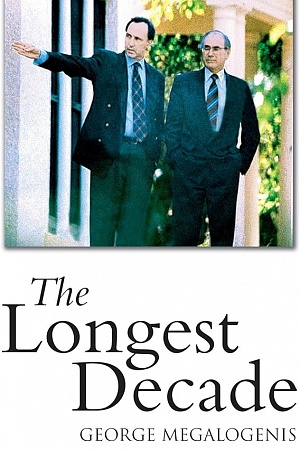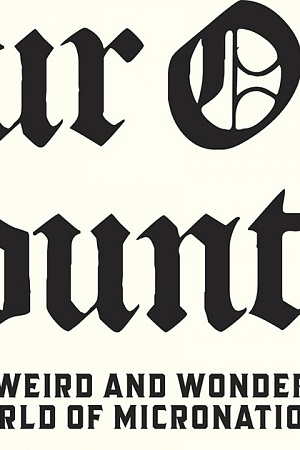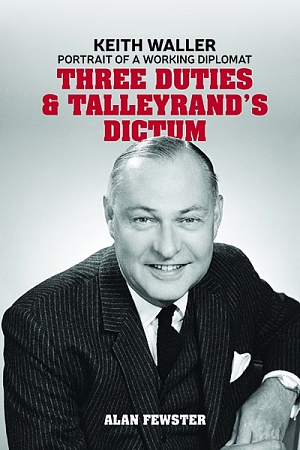Exorcising the ghosts

Nearly fifty years ago, when President Lyndon Johnson decided to begin scaling down Washington’s disastrous war in Vietnam, the Australian Minister for the Air, Peter Howson, confided to his diary that ‘to my mind it’s the first step of the Americans moving out of Southeast Asia and … within a few years, there’ll be no white faces on the Asian mainland’.
Johnson’s decision, followed by Richard Nixon’s statement in July 1969 on the tiny Pacific island of Guam that the United States would never again get involved in a land war in Asia, seemed to spell American withdrawal from the region, or, as the then head of External Affairs in Canberra put it, from ‘West of Hawaii’.
It was geopolitical shorthand that sent shivers down the spine of officials, especially coming so soon after the British government’s decision to wind back its military presence in Asia, or what London referred to as ‘East of Suez’. One local newspaper likened Whitehall’s decision to the serving of a ‘Far East death warrant’. Taken together, it appeared that Canberra’s Cold War nirvana – having its ‘great and powerful friends’ engaged in the region to keep the threat of Asian communism as far away as possible – was coming to an end. Australia was on its own. It would have to fend for itself as never before.
As the record shows, it did.
When it was clear in the 1970s that neither Europe nor the United States offered Australia a sense of security, the country energetically embraced the countries and cultures of Asia in a new way. The process had its agonies – who can forget Singaporean Prime Minister Lee Kuan Yew’s warning in 1980 that Australia was destined to be the ‘poor white trash of Asia’ – but it also prompted a period of as yet unrivalled creative Australian diplomacy.
Continue reading for only $10 per month. Subscribe and gain full access to Australian Book Review. Already a subscriber? Sign in. If you need assistance, feel free to contact us.











Comment (1)
Leave a comment
If you are an ABR subscriber, you will need to sign in to post a comment.
If you have forgotten your sign in details, or if you receive an error message when trying to submit your comment, please email your comment (and the name of the article to which it relates) to ABR Comments. We will review your comment and, subject to approval, we will post it under your name.
Please note that all comments must be approved by ABR and comply with our Terms & Conditions.